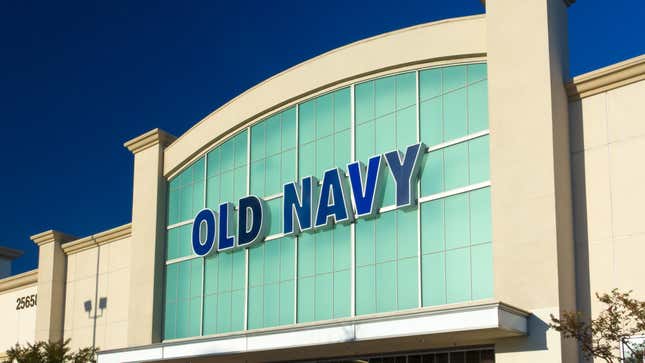
In case you weren’t aware, Tuesday marked exactly nine weeks until the 2020 presidential election. While we can only brace ourselves for what hijinks may ensue between now and then (since we have a messy bitch who lives for drama trying to hold on to the White House), what we know for sure is that, largely thanks to a lack of federal response, we’ll still be dealing with the COVID-19 pandemic. The ongoing threat of contagion is predicted to not only deeply impact voter turnout at the polls, but also the number of poll workers at each of those locations, as traditionally, the volunteer positions are largely occupied by senior retirees, one of the highest at-risk groups for the coronavirus.
In fact, in past elections, more than half of poll workers were over the age of 60; understandably far less are willing to volunteer this year. That’s why this Tuesday was also National Poll Worker Recruitment Day, “a national awareness day established by the U.S. Election Assistance Commission to encourage people to help America vote by serving as poll workers,” reads the Election Assistance Commission’s webpage. And because of the high risks posed this election year to the traditional demographic of poll workers, Power the Polls—“a first-of-its-kind, nonpartisan initiative to recruit a new wave of poll workers, especially among younger, more diverse populations that have not been historically represented in these roles,” according to a statement provided to The Glow Up—set out to recruit 250,000 potential poll workers ahead of November 3.
Power the Polls was launched in June by a coalition of businesses and nonprofits, including Civic Alliance, Comedy Central, Creative Artists Agency (CAA), Fair Elections Center, Levi Strauss & Co, MTV, Patagonia, Pizza to the Polls, Time To Vote, Uber, and We Can Vote. On Tuesday, they met their goal, and have now set out to recruit an additional 100,000 potential poll workers, in hopes of ensuring that every U.S. polling location is fully staffed for this crucial election. Thankfully, the organization has prominent support in amplifying their mission, including President Barack Obama, Michelle Obama’s When We All Vote, LeBron James, Trevor Noah, the Human Rights Campaign, the National Disability Rights Network, and more.
“Reaching this milestone of 250,000 poll worker recruits on National Poll Worker Recruitment Day means we’re that much closer to ensuring voters’ ability to cast a ballot is not stifled by mass closures, long lines, and fewer opportunities to physically distance at polling sites due to a lack of poll workers,” said Scott Duncombe, Co-Director of Power the Polls. “We can’t slow down—we won’t stop until every poll worker position in the country is filled.”
Several bold-faced retailers have announced plans to allow their employees time off to vote this Election Day, but fast-fashion juggernaut Old Navy is providing unprecedented support in the effort to make sure voting is as accessible and efficient and as possible, announcing Tuesday that it will compensate any and all employees who volunteer as poll workers on Election Day, regardless of whether they are scheduled to work—which gives new meaning to the brand’s beloved “Super Cash.”
As reported by Vogue:
Old Navy is partnering with Civic Alliance and Power the Polls to hopefully bridge the gap and decrease some of the deficit of poll workers. (It is partnering specifically with Power the Polls to facilitate the application and training process for its employees to work the polls.) It’s a powerful move, all things considered: Old Navy has 50,000-plus employees across more than 1,000 stores, which is a large pool of people who would not have to worry about losing pay in order to be a poll worker. And, according to a release from the retailer, 64% of Old Navy field employees are between 18 and 29 years old, which historically “is the segment of the population with the lowest voter turnout.” This means that Old Navy’s new incentive not only boosts the number of poll workers but also potentially boosts the odds of more young people voting as well; it’s certainly easier to cast a ballot if you’re already working the station. It’s something many other larger retailers should be thinking about as well.
It’s certainly a strategy that should serve as a model to other businesses that can afford to do so—especially if they want to send a message that they’re as serious about civics and public safety as they are about sales.

